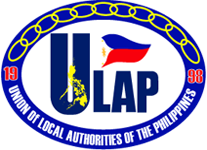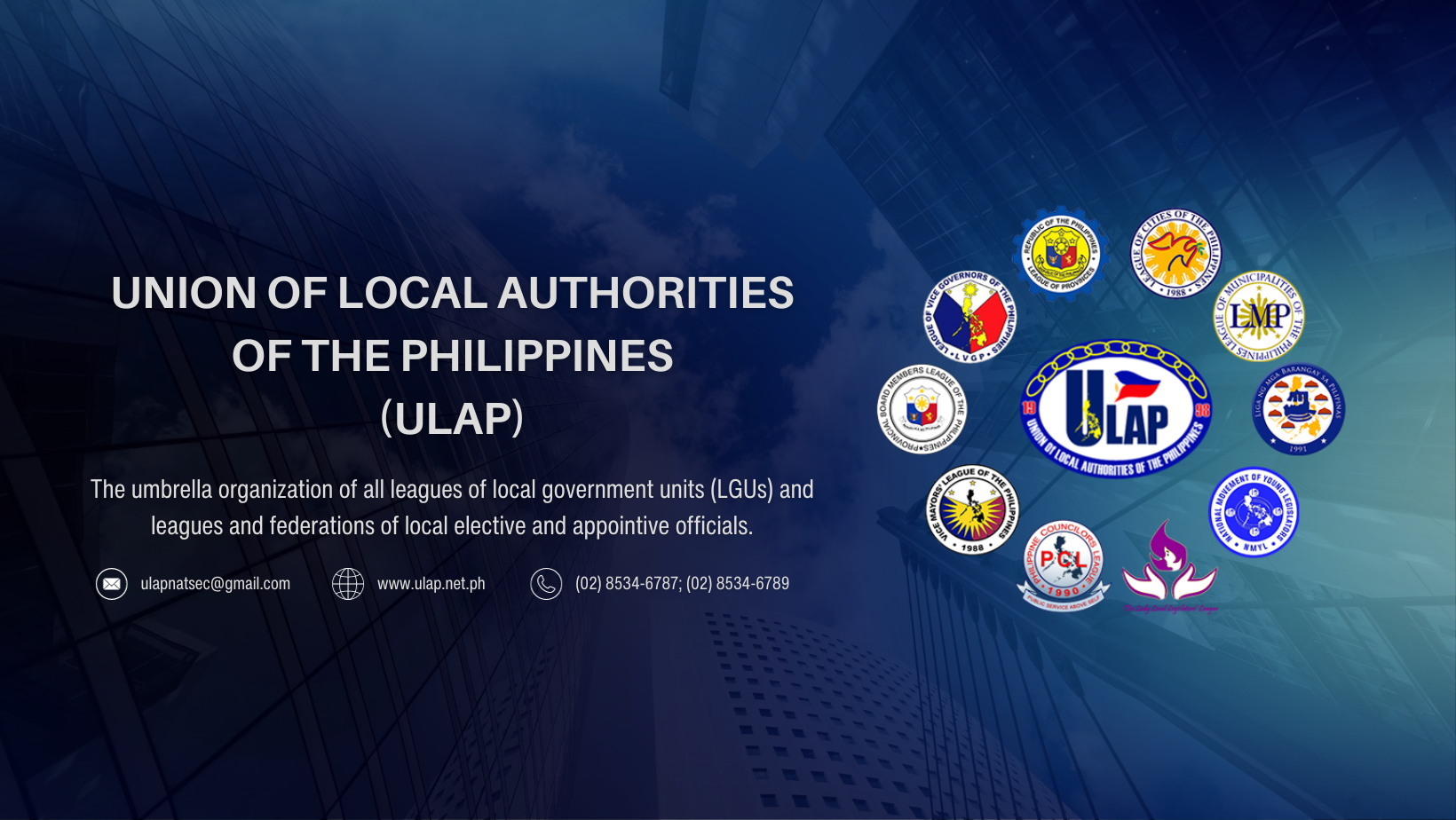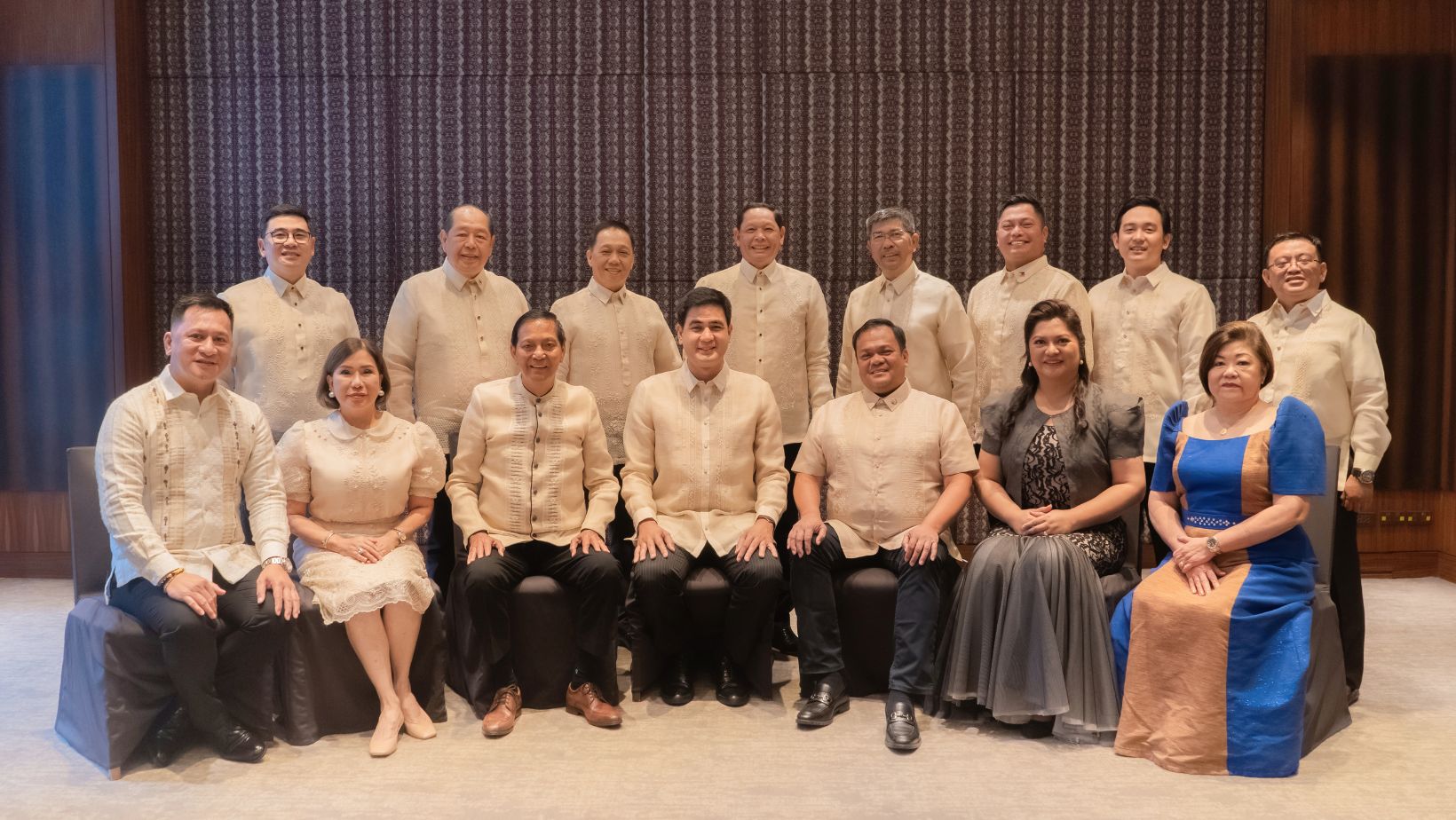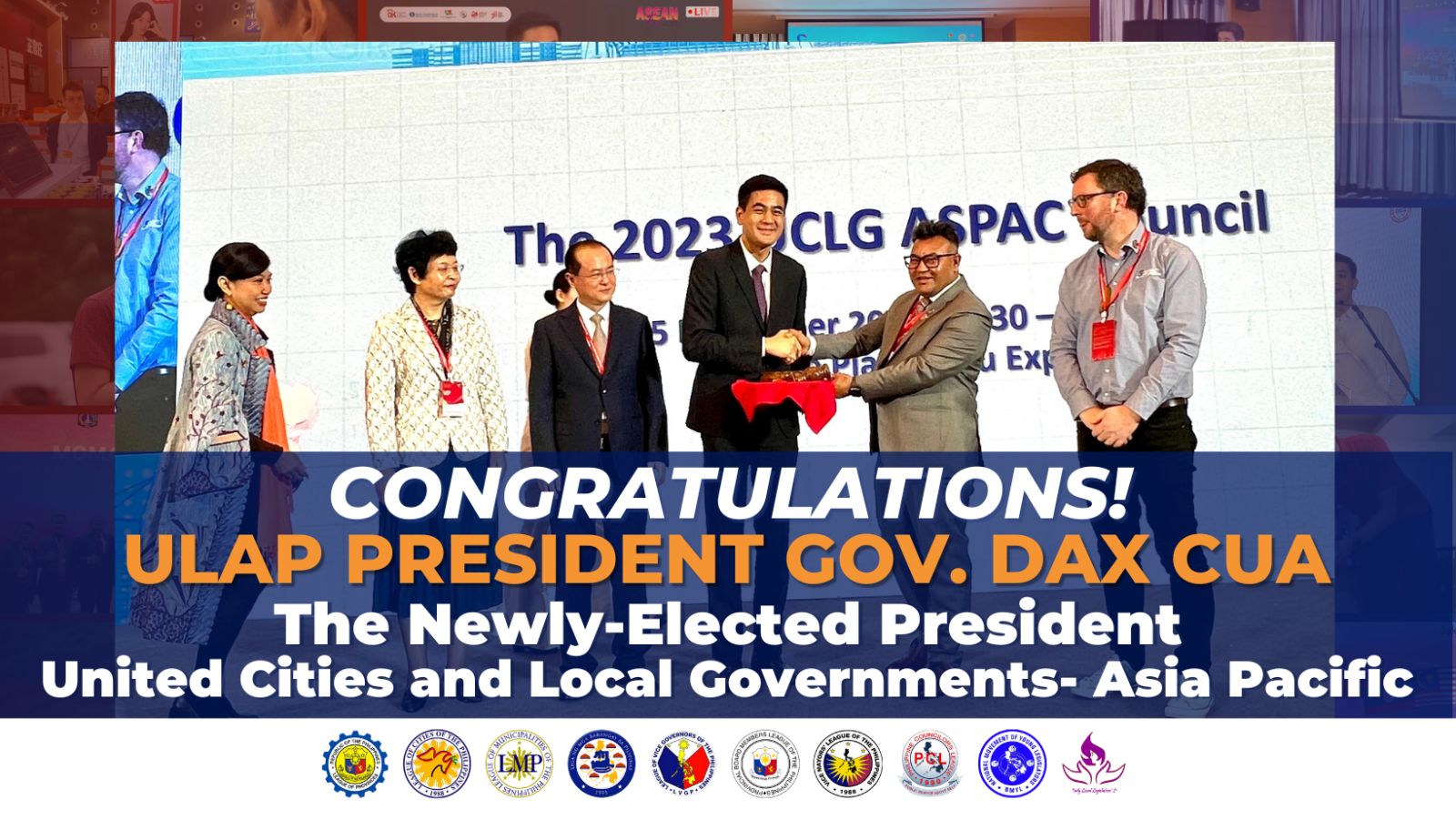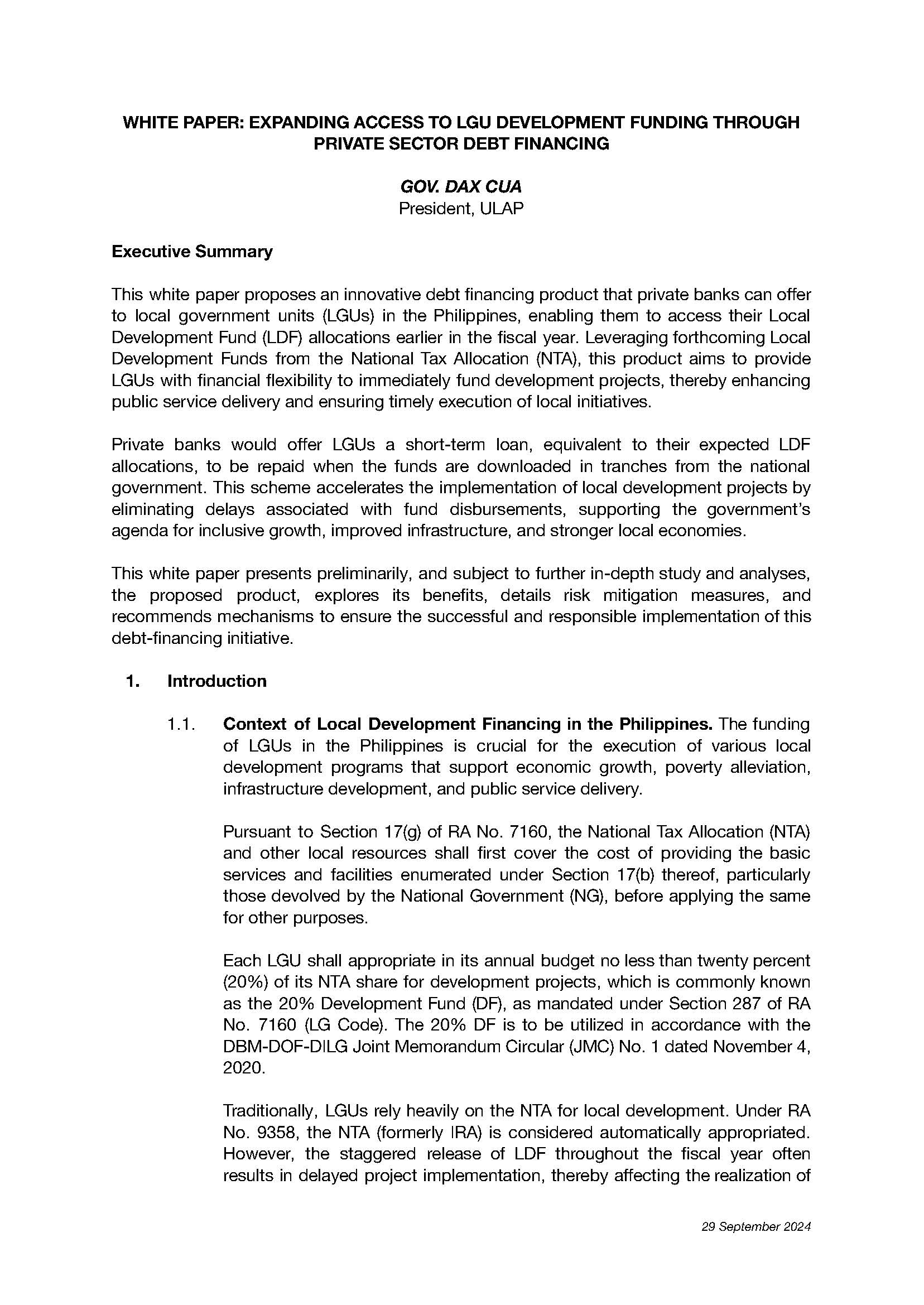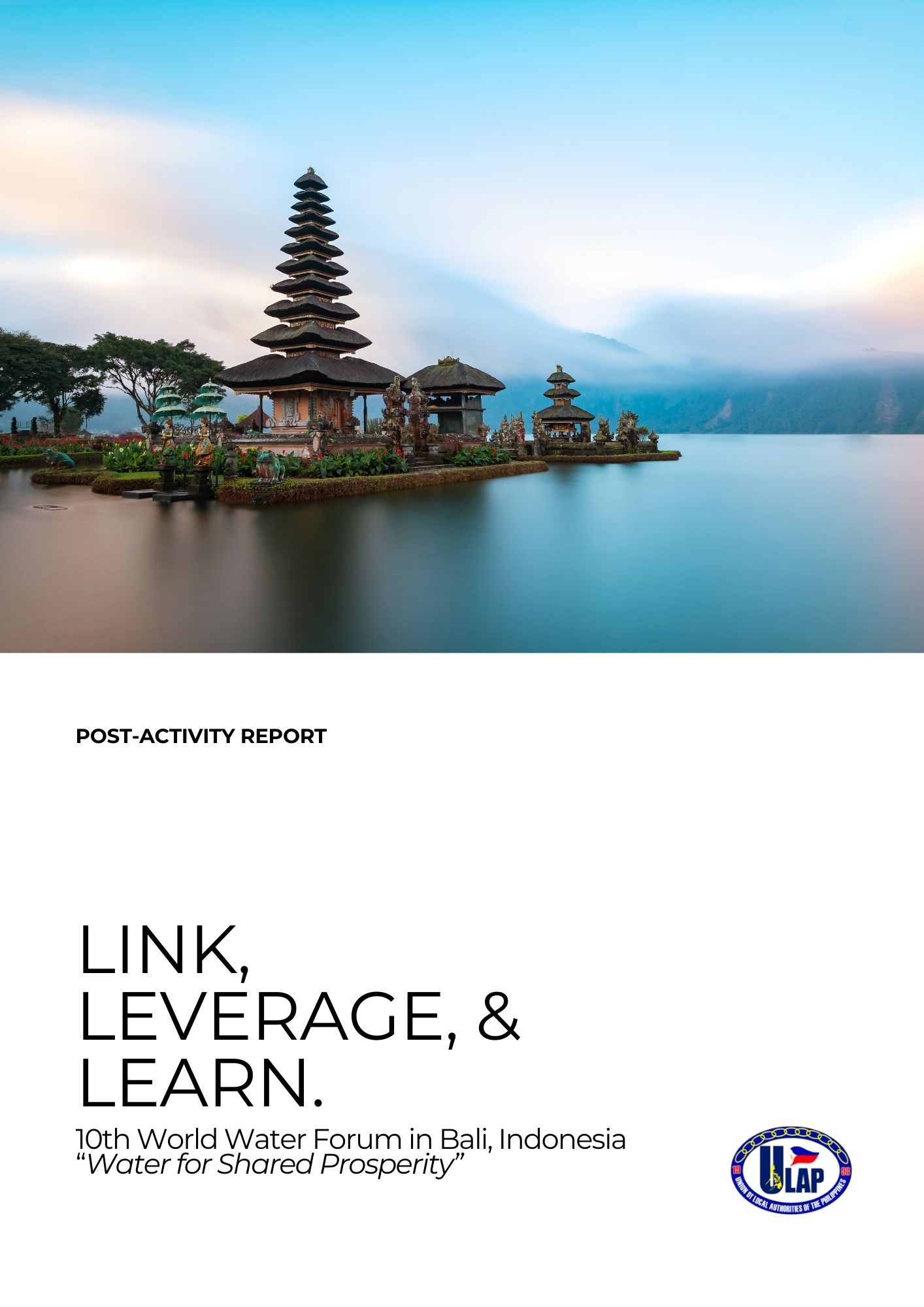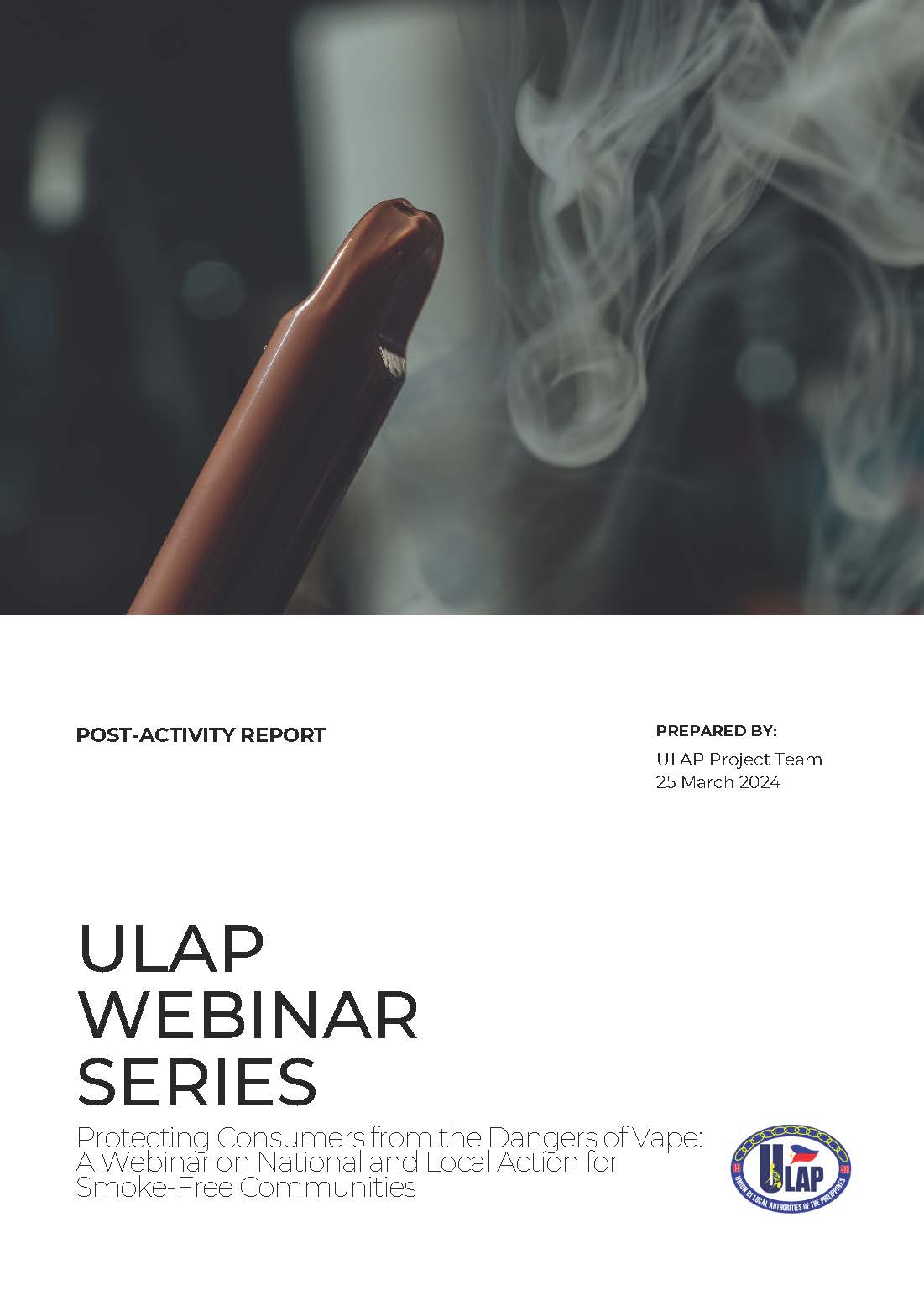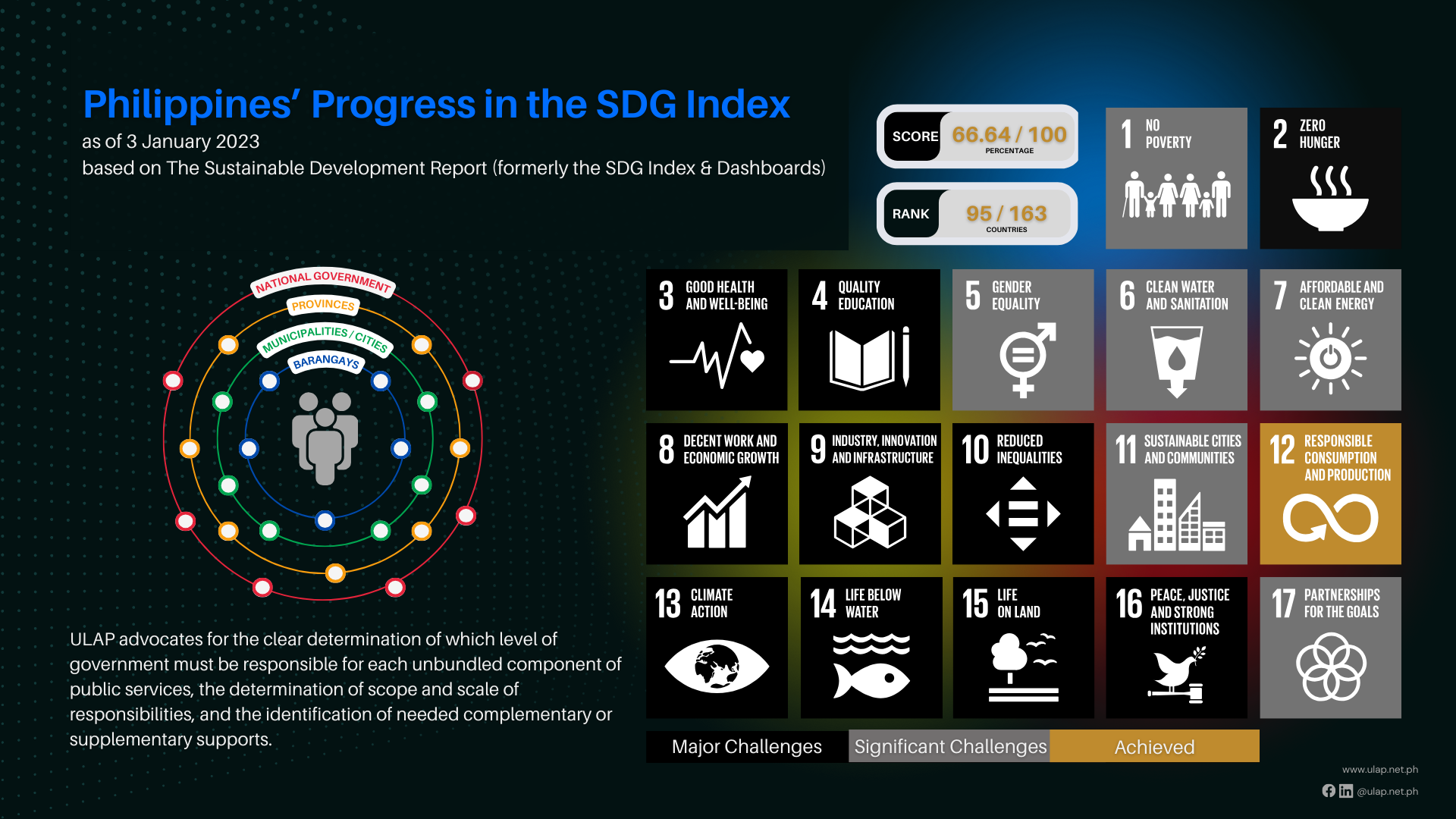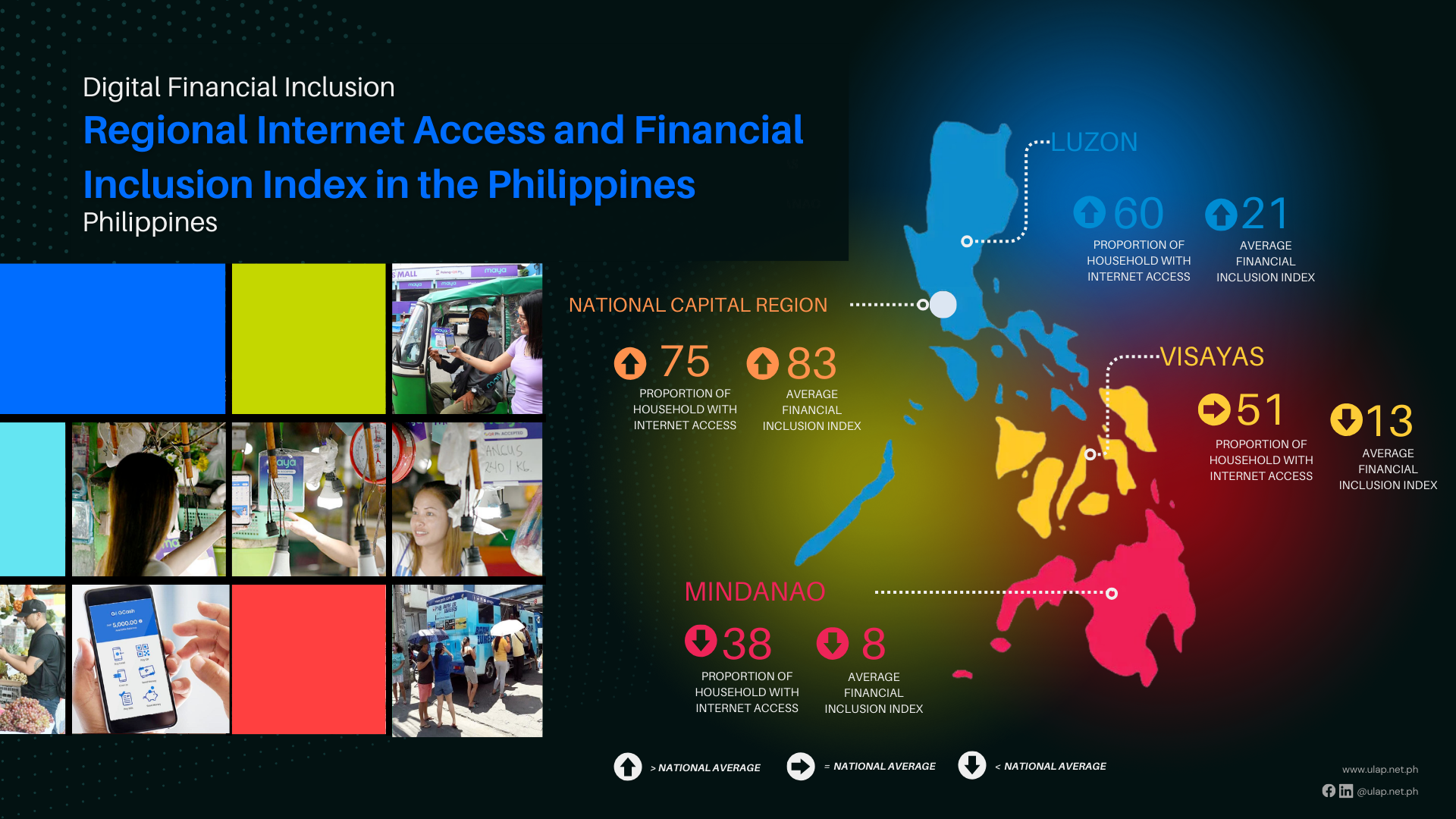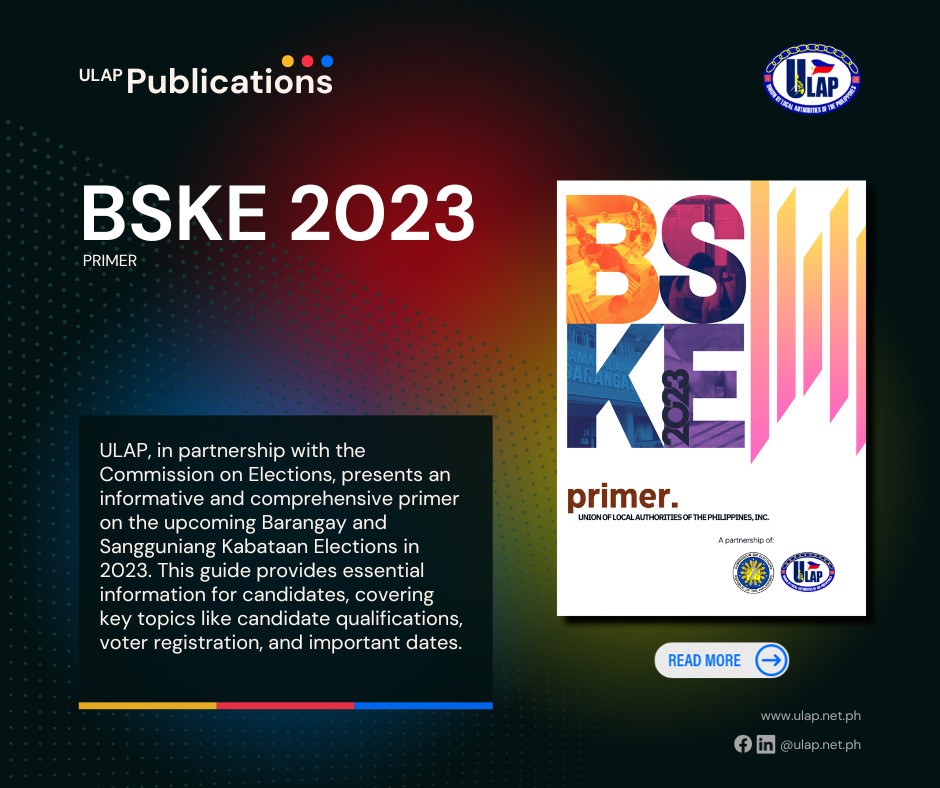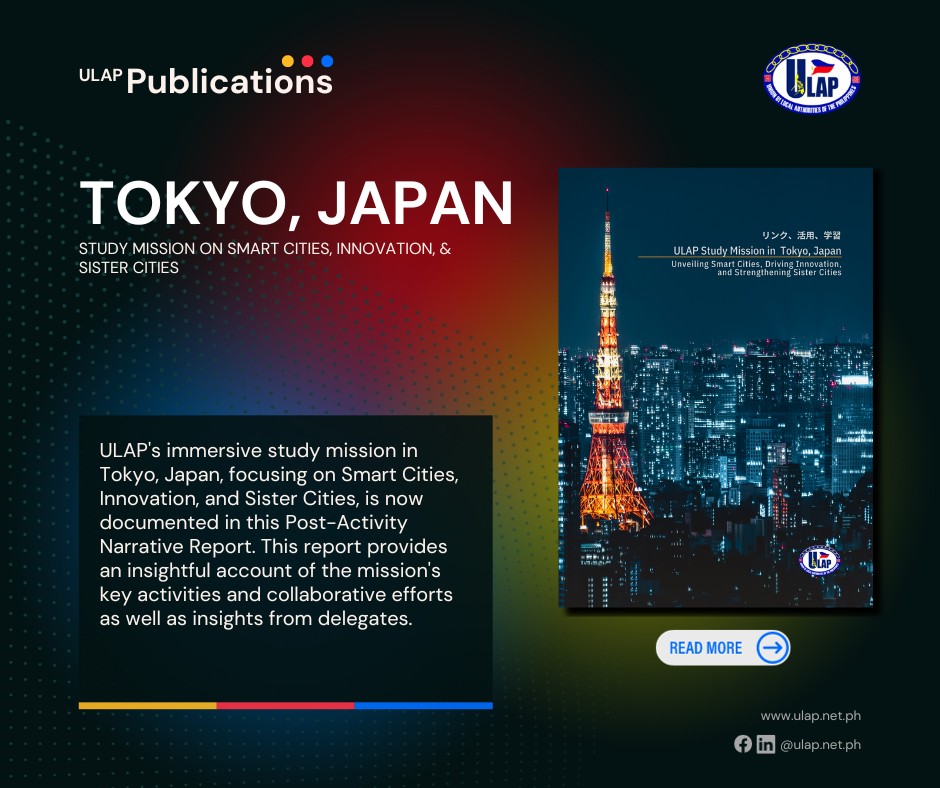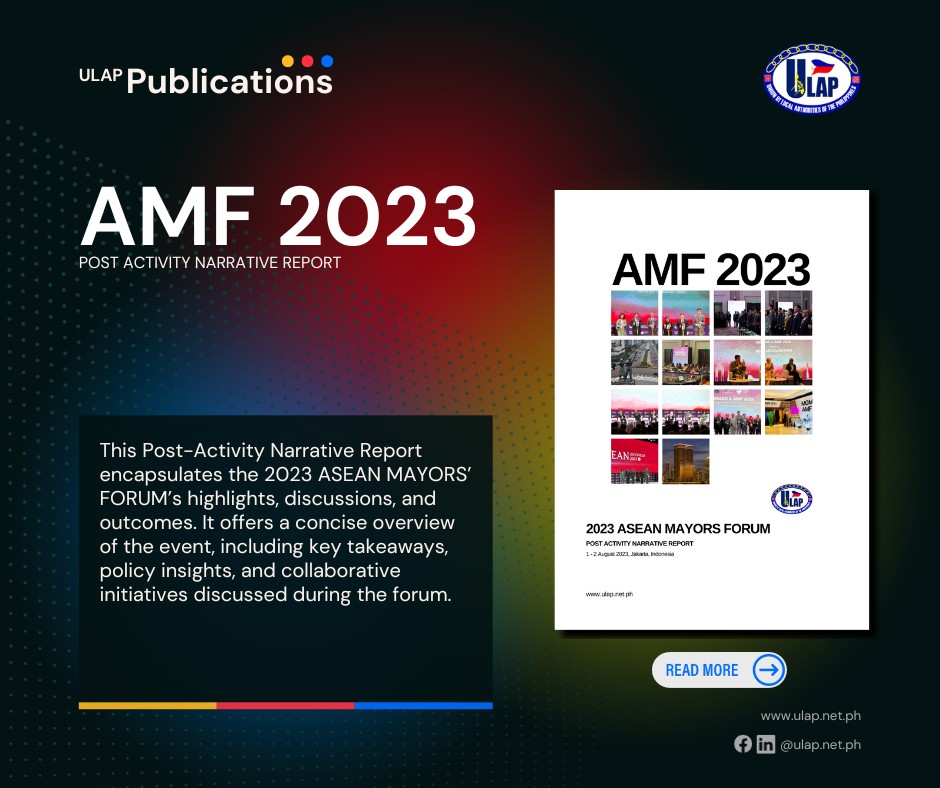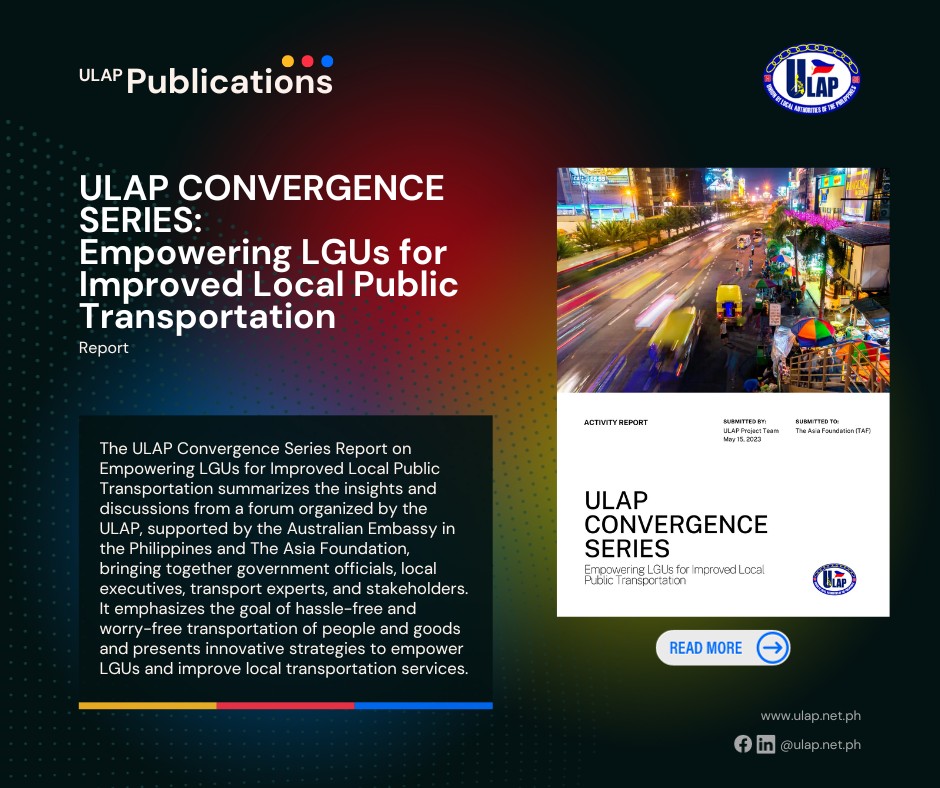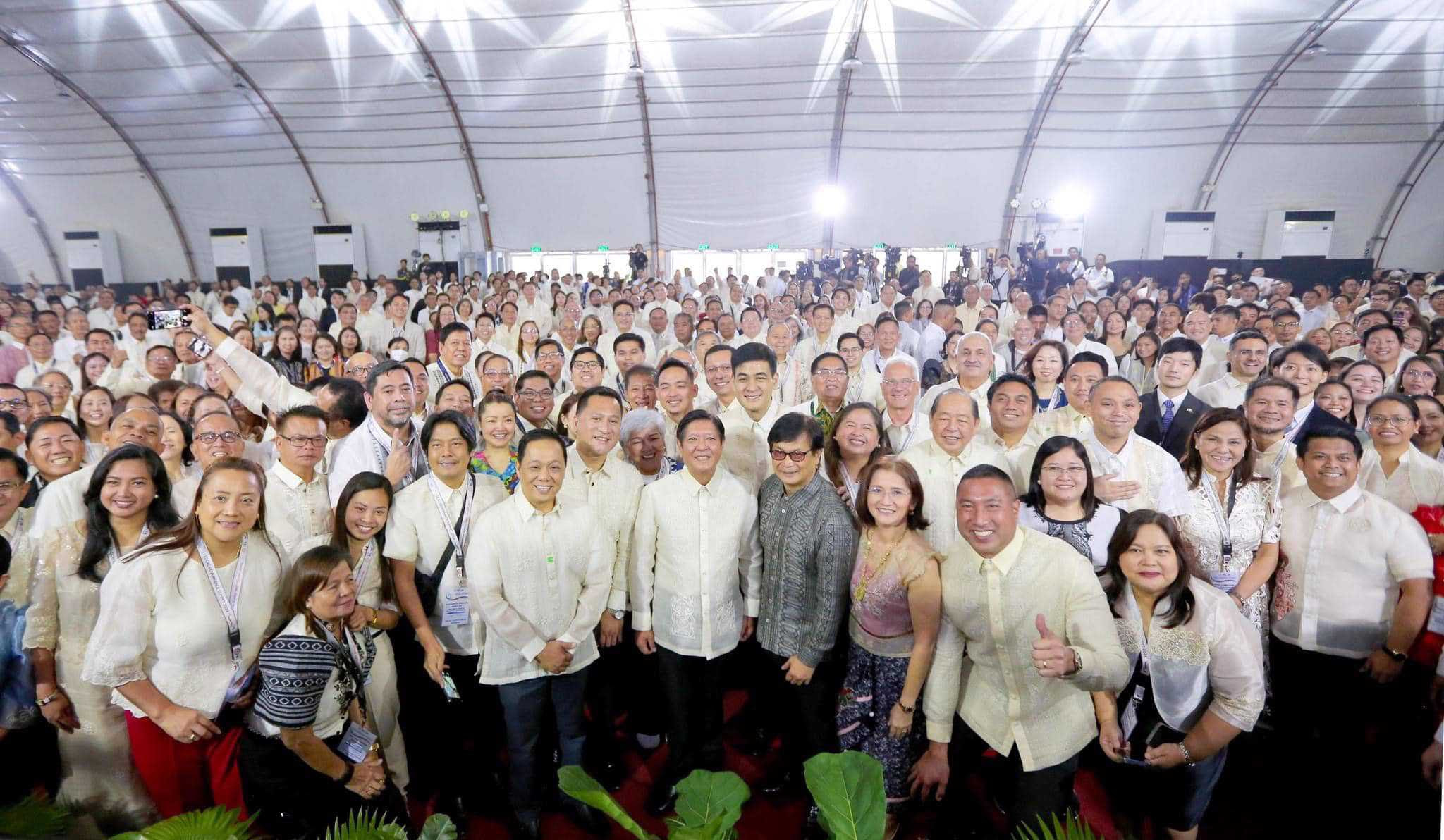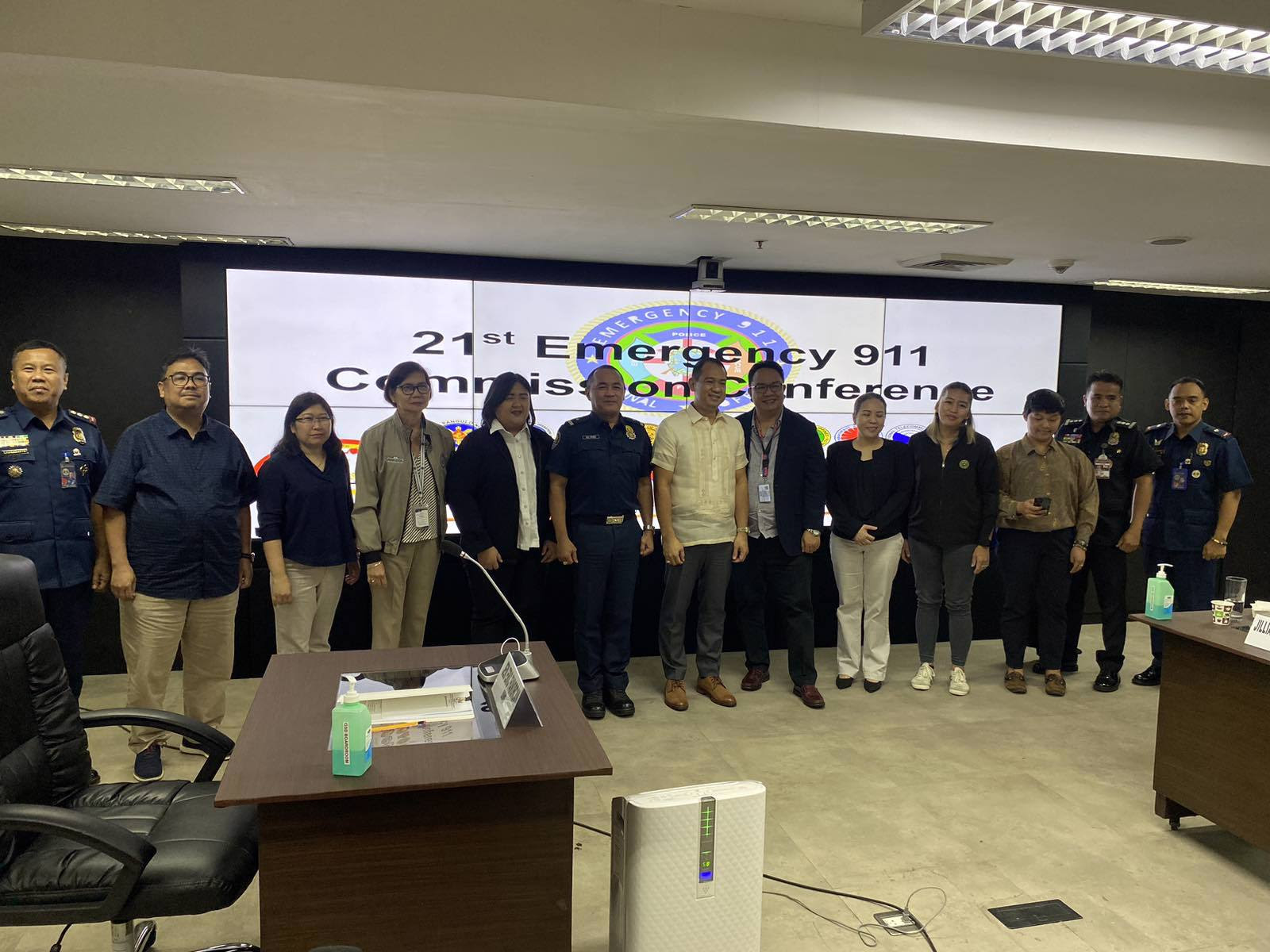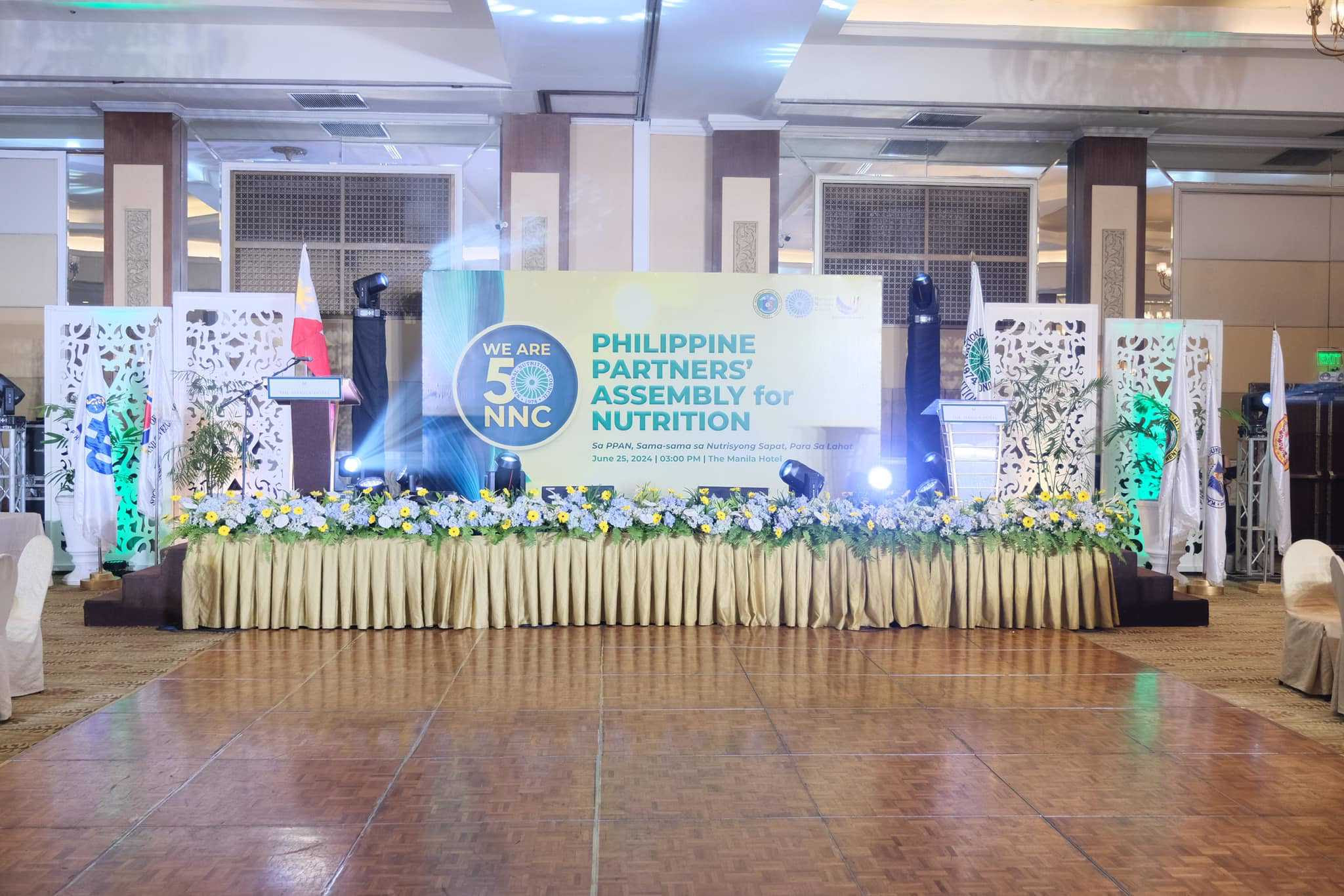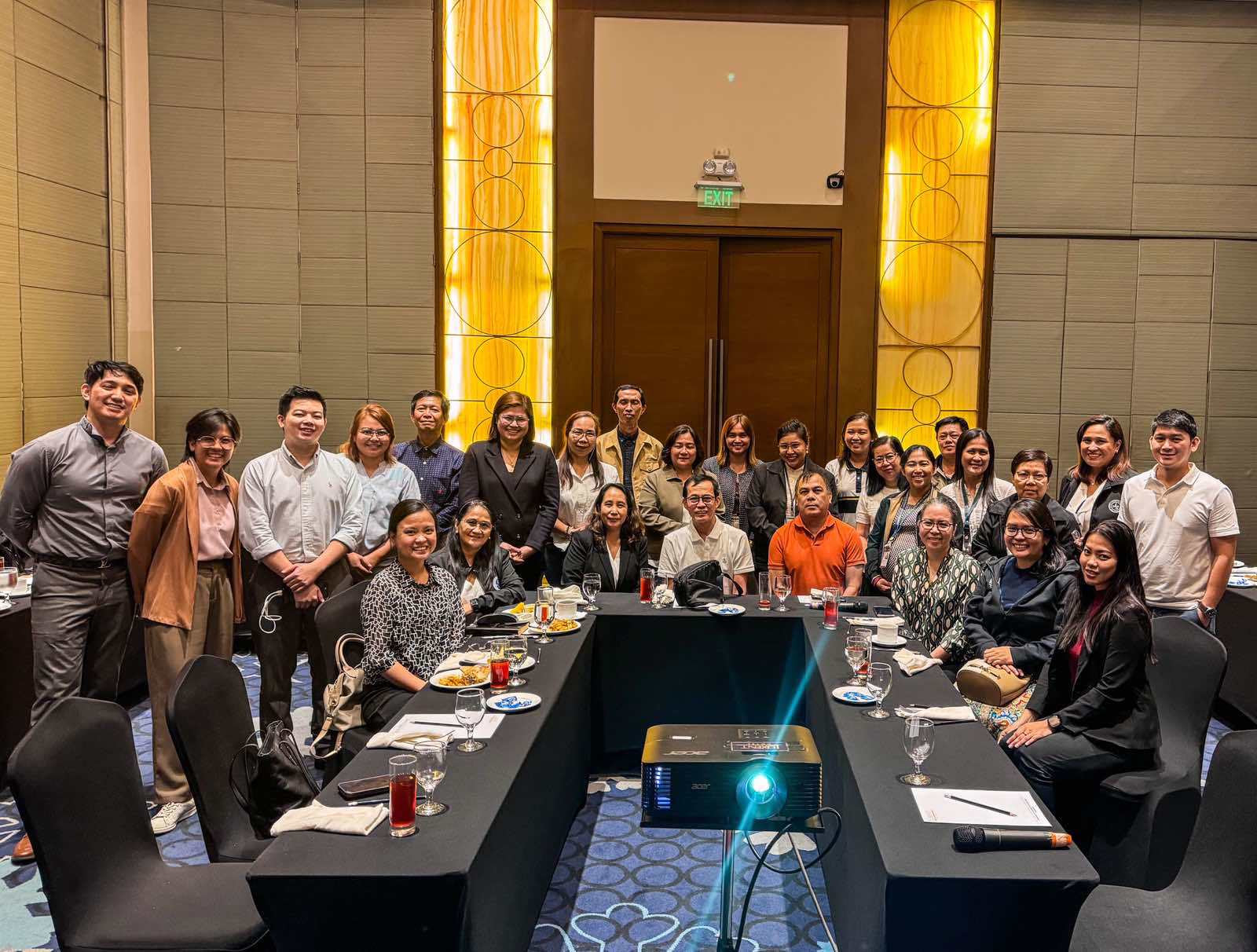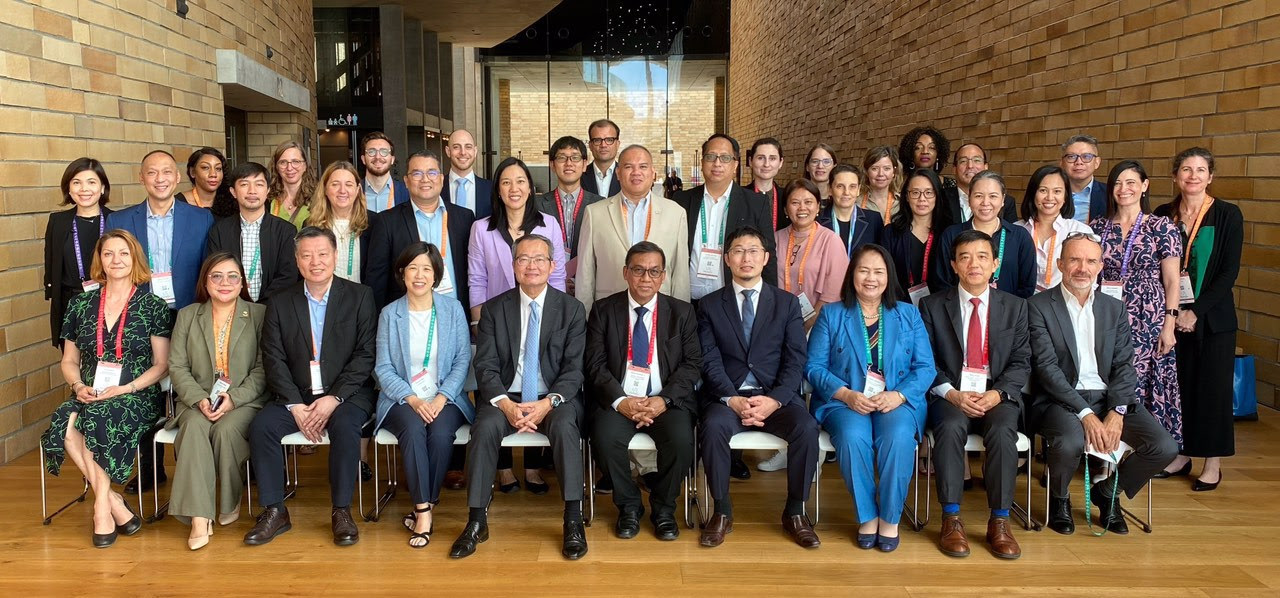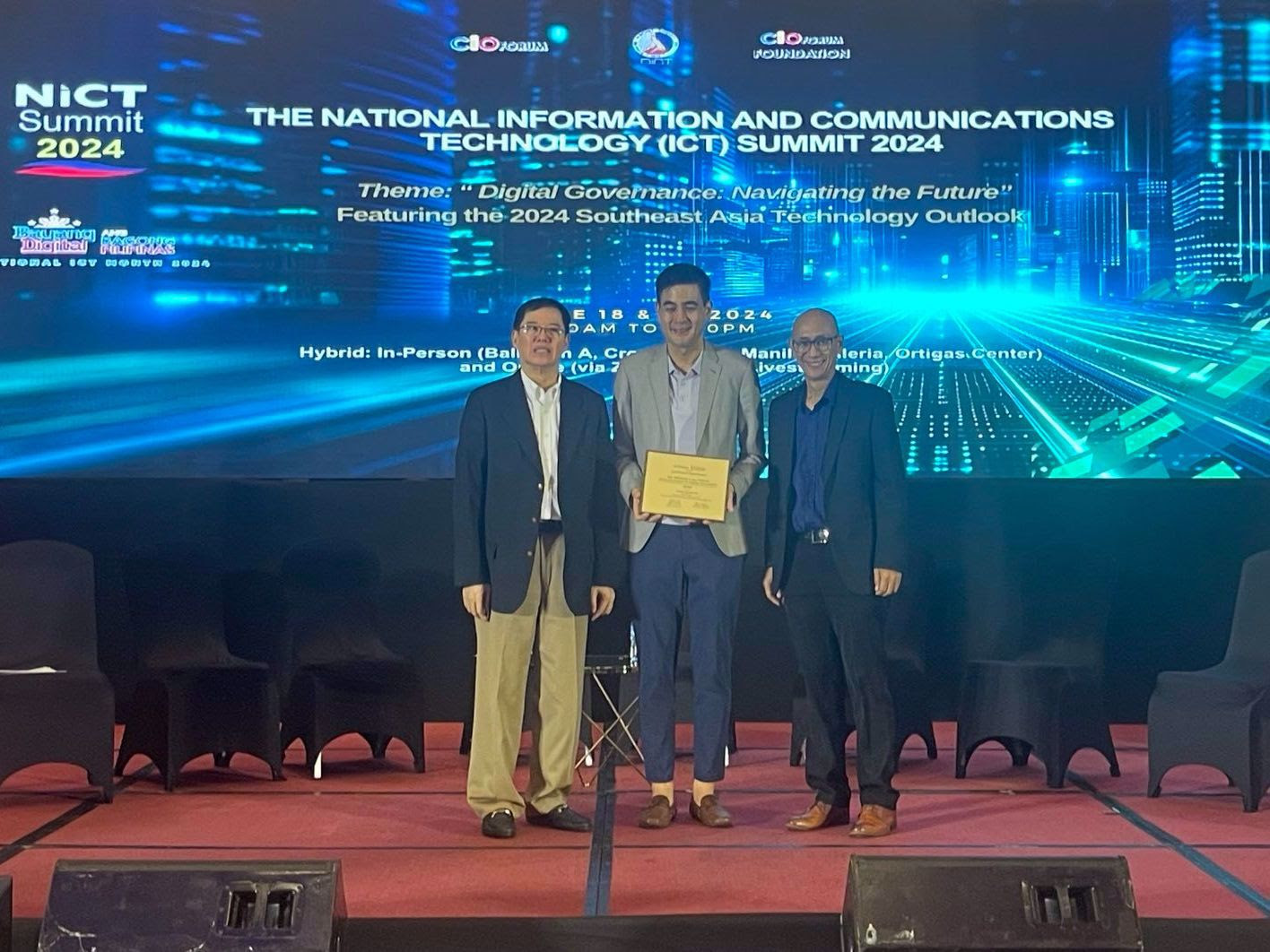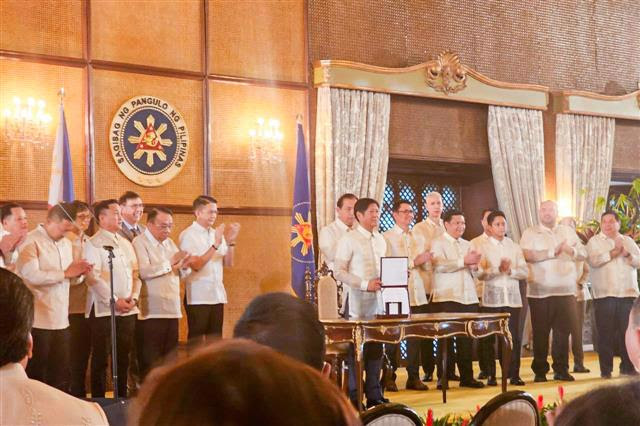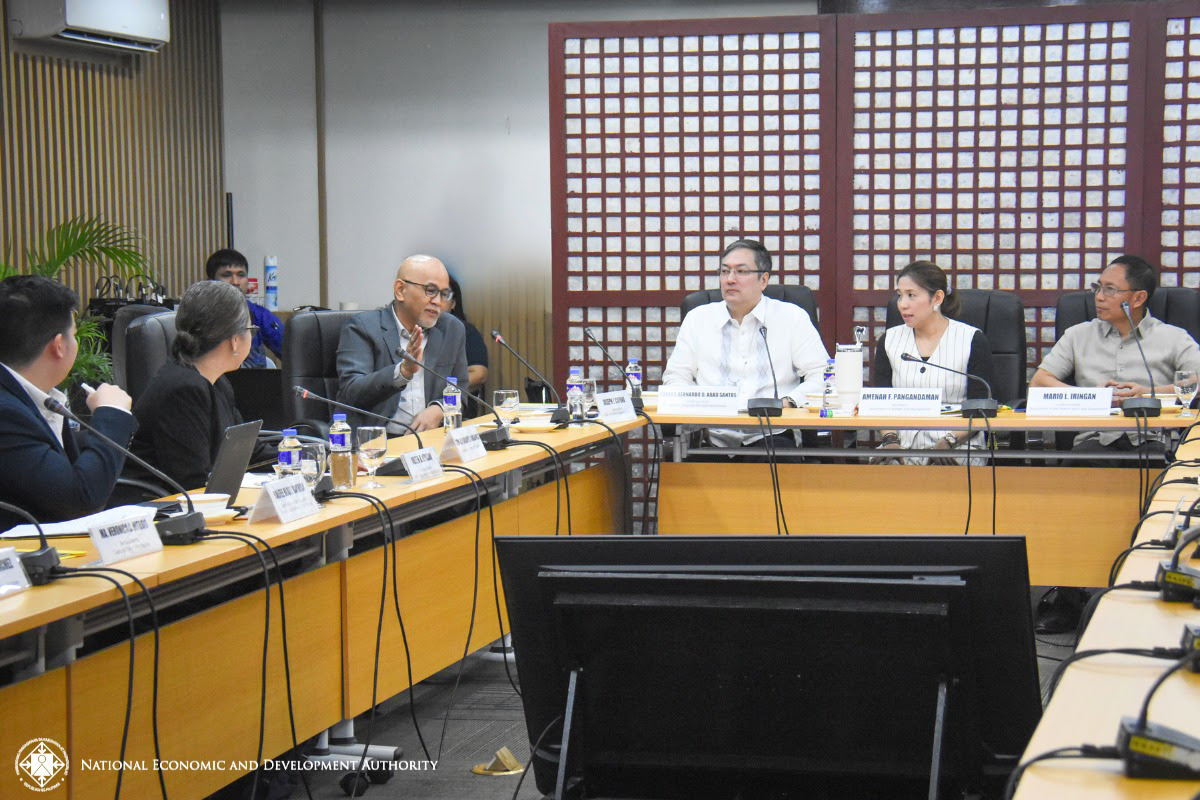Eight years ago, in a global convergence of purpose, the United Nations Member States embarked on a collective journey to forge a blueprint for confronting the challenges of our time and charting a course toward a more sustainable future by 2030—the Sustainable Development Goals (SDGs). This visionary framework acknowledges that the eradication of poverty and the alleviation of other forms of deprivation must be harmonized with endeavors to enhance healthcare, elevate education, diminish disparities, nurture economic prosperity, combat the looming specter of climate change, and safeguard the ecosystems. Yet, amidst this grand aspiration, the Philippines, like many nations, has faced its unique set of trials and tribulations in pursuit of the SDGs.
For one, most of the gains made by the country in the past have been reversed due to the impact of the COVID-19 pandemic. The country’s progress in achieving the SDGs suffered under the weight of the pandemic and could lead to a regression in the country’s performance in the global goals. The Philippines faces several other significant obstacles in achieving several SDGs, including reducing poverty, promoting gender equality, ensuring clean water and sanitation, affordable and clean energy, sustainable cities and communities, and fostering partnerships for the goals.
To contextualize the situation in the Philippines, an assessment based on the Sustainable Development Report in January 2023 places the Philippines at the 95th position among 163 countries, with an overall score of 66.64 out of 100. The Philippines has achieved only one SDG thus far: SDG 12, focusing on sustainable consumption and production patterns, efficient resource and energy usage, and providing access to basic services and decent jobs.
Meanwhile, the country is facing significant challenges in some other SDGs, namely:
- SDG 1: No poverty
- SDG 5: Gender equality
- SDG 6: Clean water and sanitation
- SDG 7: Affordable and clean energy
- SDG 11: Sustainable cities and communities
- SDG 17: Partnership for the goals
While major challenges are met in achieving eight significant SDGs, namely:
- SDG 2: Zero hunger
- SDG 3: Good health and well-being
- SDG 8: Decent work and economic growth
- SDG 9: Industry, innovation, and infrastructure
- SDG 10: Reduced inequalities
- SDG 14: Life below water
- SDG 15: Life on land
- SDG 16: Peace, justice, and strong institutions
While significant challenges are faced in six SDGs and major challenges are faced in achieving eight significant SDGs.
Realizing the magnitude of the work that has to be done, accelerated efforts to bolster the country’s performance must be done immediately.
To this end, ULAP has been working with the national government to develop an approach that is geared towards not only improving service delivery at the local level but also allowing local government units to contribute to the realization of the national development agenda as embodied in the Philippine Development Plan and, essentially, Sustainable Development Goals.
By aligning national priorities with regional and local plans and mainstreaming SDGs into mainstream investments, involving all stakeholders, and addressing unique challenges and opportunities, progress toward the SDGs can be accelerated.
ULAP’s push is to identify the enumeration of the essential services that each level of local government could provide and to come up with a data-driven service delivery unique to the needs, goals, and aspirations of each local government unit.
As an illustration, if we are to accelerate efforts towards SDG Goal 2: Zero Hunger, which is one of the SDGs in the Philippines that is facing serious challenges, we have to be able to identify the following:
First, what services offered and programs and activities implemented by the government address hunger– including which services are geared toward improving access to food, ending all forms of malnutrition, improving agricultural productivity, increasing investments, and ensuring the proper functioning of food commodity markets and their derivatives?
Secondly, we then have to identify which level of government must be responsible for delivering these services or implementing these programs and how each level of local government could complement or supplement each other. In the Philippines, local government units are divided into 82 provinces, 144 cities, 1,490 municipalities, and 42,028 barangays across 17 regions. For instance, considering the scale of farmers in provinces (a large number of farmer population), it would be best for provinces to undertake agricultural initiatives that support farmers in improving agricultural productivity. Likewise, farm-to-market roads are better managed by provinces considering the needed resources and the scope (length) of barangay, municipal/city, and provincial roads in the province.
Finally, we have to identify which local government units need these services most so that we can concentrate government and private efforts and resources on these areas. Philippine Statistics Authority (PSA) data shows the incidence of families experiencing hunger per region in the Philippines. It is reasonable that efforts be focused on these identified regions in order to accelerate efforts toward zero hunger. It is in these areas identified as priorities that we must not only localize existing programs relating to the attainment of the SDGs but also create new ones that are specific to the identified local government areas.
During the 2023 ASEAN Mayors Forum in Jakarta, Indonesia, other recommendations to improve SDG localization also surfaced.
Firstly, it is essential to mainstream the SDGs into local development plans. Policymakers must view the SDGs as a roadmap towards sustainability.
Secondly, fostering collaboration with private sectors and international networks is vital. The private sector plays a crucial role in driving innovation, investment, and expertise that can complement our efforts. Engaging with international networks will facilitate cross-border knowledge-sharing and capacity-building, enabling us to learn from each other's successes and challenges.
Lastly, community and youth participation are key. The community lies at the heart of every development effort and their involvement should be sought at every step of the process. Equally important is the engagement of the youth, who possess the capacity and creativity to contribute significantly to the localization of the SDGs.
To translate these recommendations into meaningful actions, the following follow up actions were recommended:
- Collectively work to mainstream the SDGs into local development plans, making them an integral part of strategies.
- Adopt the SDGs as a roadmap towards sustainability, guiding decisions and actions.
- Identify prioritized goals and address gaps in achieving the SDGs for all participating cities and municipalities.
- Actively foster collaboration with private sectors, seeking their partnership and support in achieving our sustainable development goals.
- Engage with international networks to enrich local knowledge and build local capacities to tackle shared challenges.
- Encourage and embrace the participation of local communities, recognizing their invaluable insights and contributions to development projects.
- Involve the youth in the development agenda, empowering them to be the change agents of tomorrow.
Additionally, in pursuit of localized SDG implementation, ASEAN Mayors have called for the initiation of voluntary local reviews (VLRs). These reviews would empower local government units to comprehensively assess their progress in achieving the SDGs, share best practices, and identify areas for improvement. By encouraging VLRs, the aim is to foster transparency, accountability, and the exchange of knowledge among local authorities.

